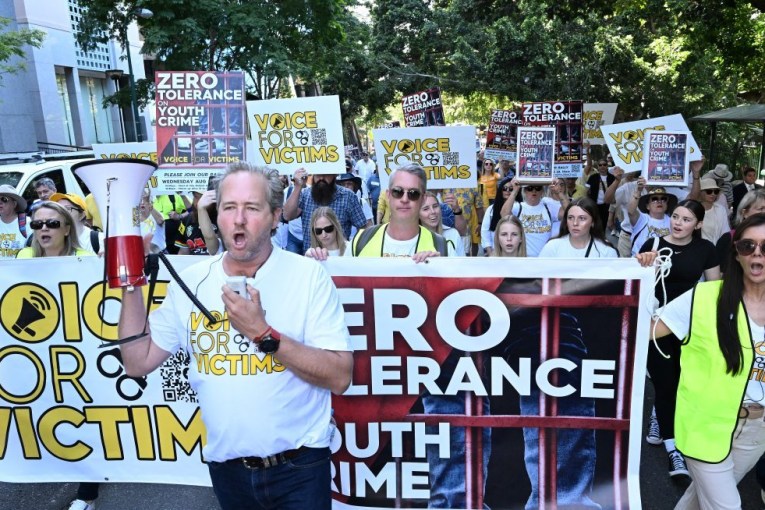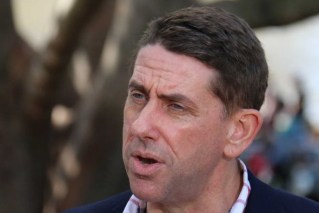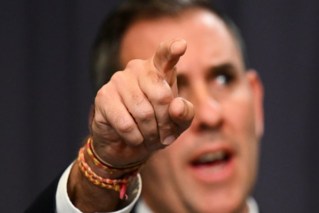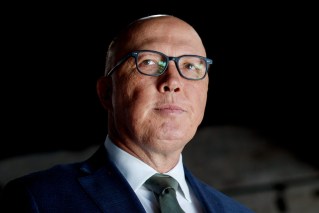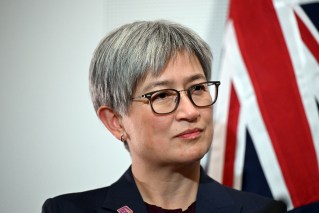Cormann talks up climate action as he bids for top OECD job
Former Australian finance minister Mathias Cormann, who is vying to become the new head of the Organisation for Economic Co-operation and Development (OECD), says he would pursue an “ambitious” and “global” approach to help countries become carbon-neutral by 2050.
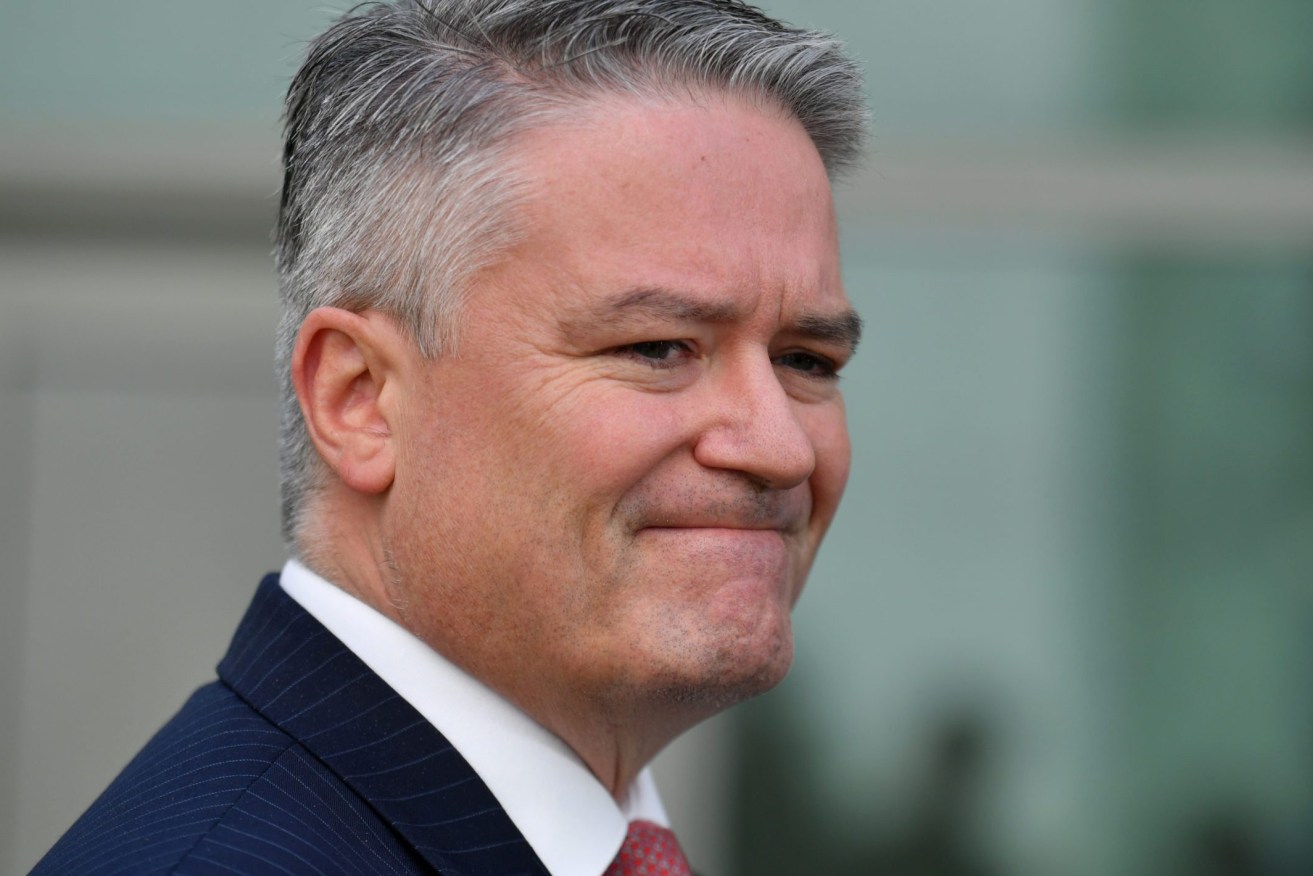
OECD boss and former Federal Minister Mattias Cormann. (Photo: AAP Image/Mick Tsikas)
Cormann, Australia’s longest-serving finance minister until last year, is one of two candidates hoping to take over as OECD secretary-general from outgoing Angel Gurría.
But last week, the heads of about 30 Australian and global charities and research institutions signed a letter urging the Paris-based organisation to drop Cormann from the race, saying he had a public record of “thwarting effective climate action”.
Australia’s reliance on coal-fired power makes it one of the world’s largest emitters of carbon dioxide per capita and green groups have long lobbied the federal government to wean itself off fossil fuels, especially after devastating bushfires last year.
Cormann told the Thomson Reuters Foundation that, if chosen to lead the OECD, he would work with others “to help countries around the world achieve global net-zero emissions by 2050”.
“Action on climate change, to be effective, requires an ambitious, globally coordinated approach. That has always been my view,” he said in emailed comments.
Chosen by its 37 member states, mainly wealthy countries, the global economic-policy body’s new secretary-general will be decided this month and serve a five-year term starting on June 1.
Cormann, who was born in Belgium and migrated to Australia in 1996, said the OECD must provide leadership on climate change, adding that the targets set in the 2015 Paris Agreement were a foundation to build upon.
“I would work with member countries and partner organisations to deploy every policy and analytical capability available through the OECD to help economies around the world achieve global net-zero emissions by 2050,” he said.
The OECD could help identify solutions that maximise emissions reductions in a way that is “economically responsible” and keeps energy affordable, he added.
But “different countries will have different means of contributing to the global emissions reduction effort,” he noted.
“Australia… is in a prime position to export clean energy to the world, for example through the development of a world-leading hydrogen industry,” he added.
The European Union’s former trade commissioner, Cecilia Malmström, is the other candidate for the OECD’s top job and, if successful, she would be its first female head.
As EU commissioner, Malmström called on European countries to be more ambitious on issues such as climate change and pushed for greater environmental safeguards in trade agreements.
Climate change is the “most urgent crisis for humanity,” she said in media interviews last year.
